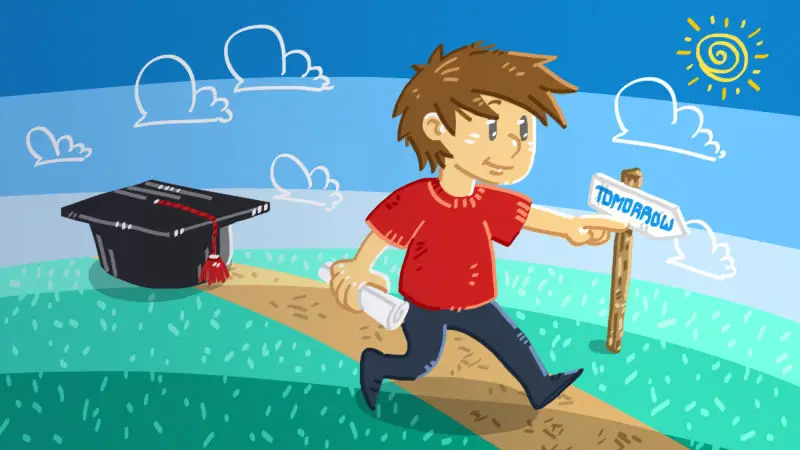Snow days no more? That’s the big question being asked by the student body after the recent passing of the blizzard in February.
While the snowfall certainly had an impact on campus, it took until a second snowstorm to reassure students that snow days would still occur. Or would they?
According to Cara Procek, Interim Vice President of Academic Affairs and coordinator of snow days, they would not. “The plan going forward that was discussed and settled on over the summer is: because we’ve developed such sophistication around things like RingCentral…the preference isn’t going to be to have snow days, but to instead have remote days.”
This decision was likely not met with a lot of enthusiasm by the student community, especially since snow days have so much nostalgia associated with them. With the possibility of RingCentral days taking the place of traditional snow day, the central question is: what benefits do snow days have for our community?
Several students were interviewed to explain the different aspects of snow days that benefited their mental health.
“I have this immediate excitement of being able to do what I want, and there’s an opportunity to do so many things, which can inspire you to do more without all that pressure of daily routine,” said Autumn Cohen (‘23). “I think the thought of having a day off and being able to do what you want with it and not have to stress with online school is very beneficial to schools and their communities.”
Cohen was not the only one to hold these beliefs, as Robert Ulasewich (‘24) was in agreement.
“I do think snow days matter. They offer a chance to both students and teachers to recoup and live the parts of their lives not devoted to learning or teaching,” said Ulasewich.
Many students are also concerned about personal availability. “I think that snow days still matter. The idea of being constantly available to others is something that digital spaces and programs like RingCentral have made…worse, especially during the COVID-19 pandemic,” said Katja Sieling (‘22). “Having a day to just step away from everything and focus on getting caught up, or even just resting is an important thing.”
After hearing just a few of these concerns, it’s safe to assume that the consensus among students was that mental health and snow days were directly correlated. In that case, if RingCentral remote days were set to replace snow days, it seems these fears were not taken into account.
In response, Procek said that student concerns were what directly led to the first and only snow day in the spring semester so far.
“This was a student thing. We were very concerned about the students. In the past two years there’s a lot that’s been beyond all our control….[Especially]…some of the things we’ve had to do in the place of…[what]…would be considered traditionally normal. This was one small thing that we could do [to help], and so we did,” said Procek.
While snow days may gradually disappear, this isn’t to say that SNHU won’t have at least a few more until the practice becomes obsolete. While the news of their fading may be disappointing, the SNHU community can rest easy knowing that student health (both physical and mental) are a top priority to those making these snow day decisions.




